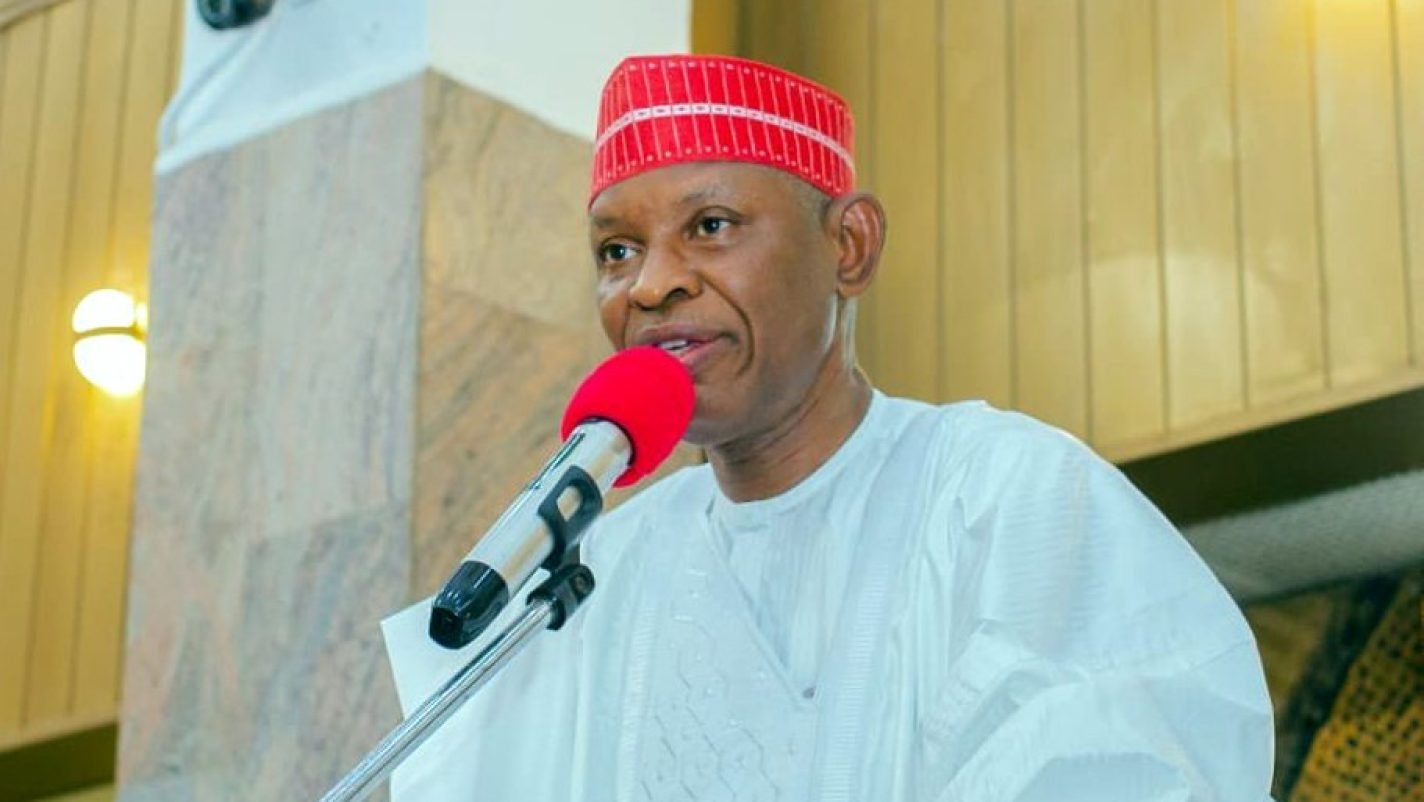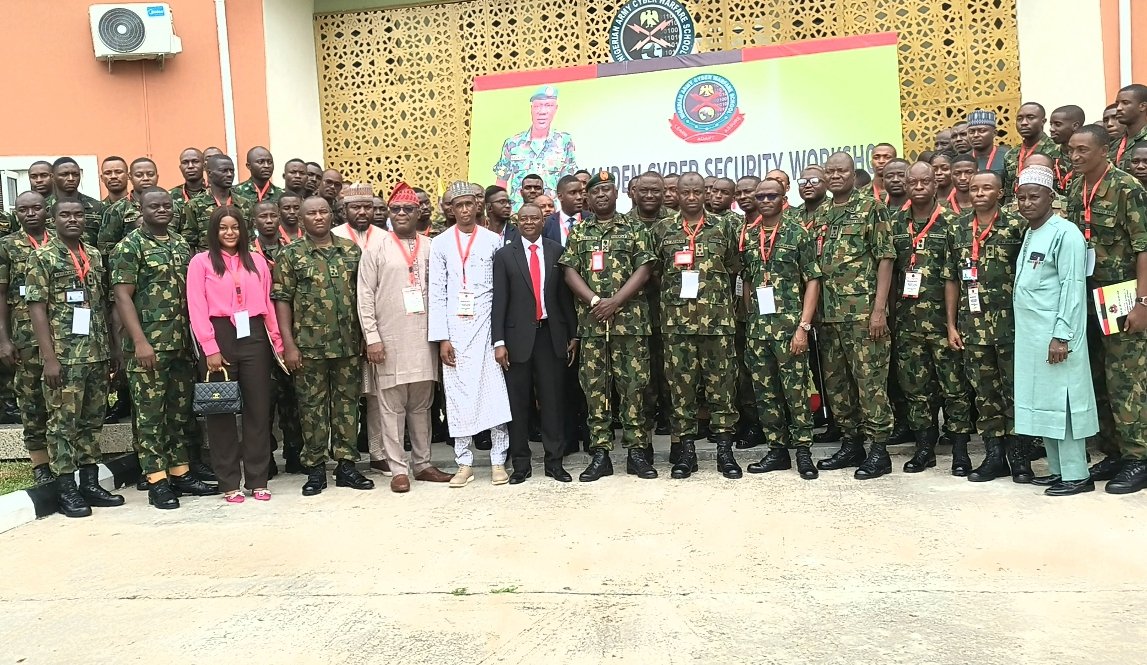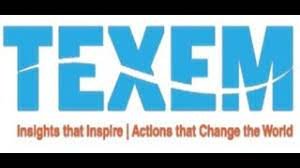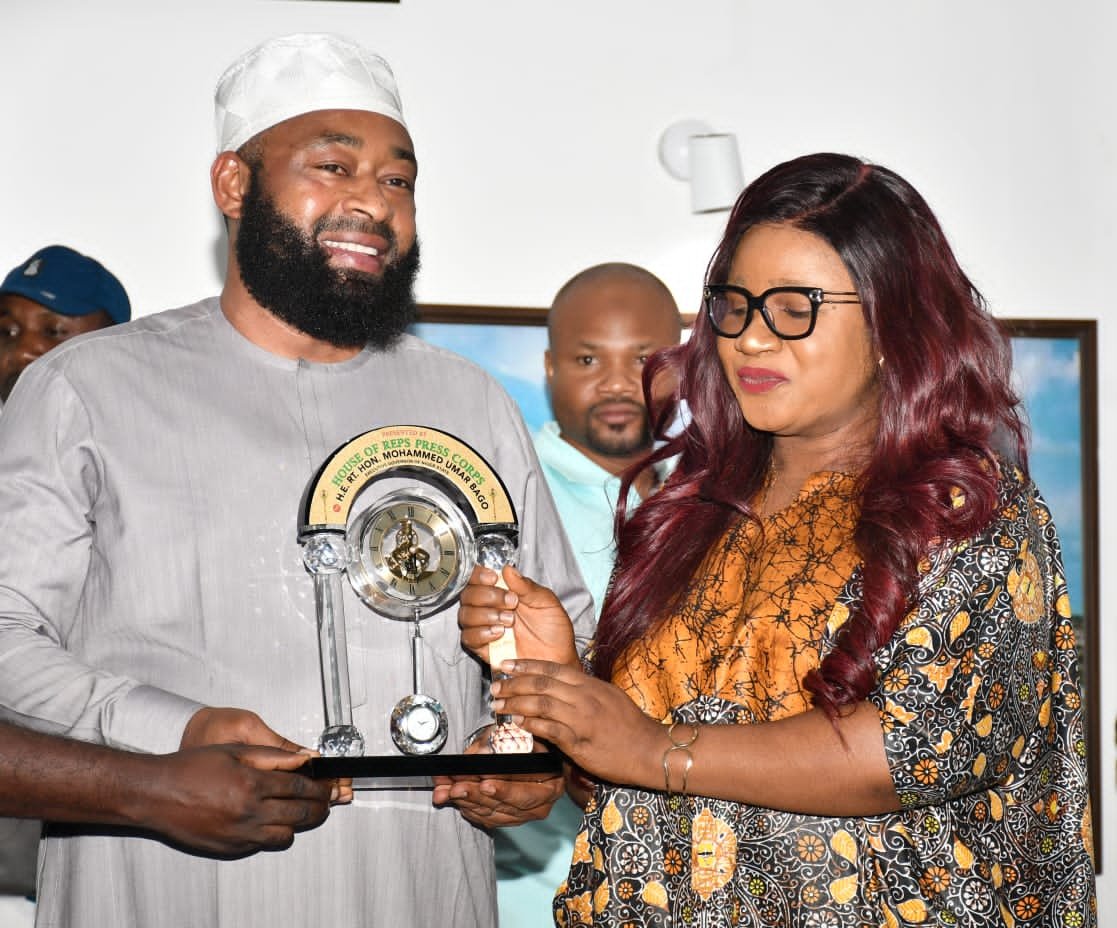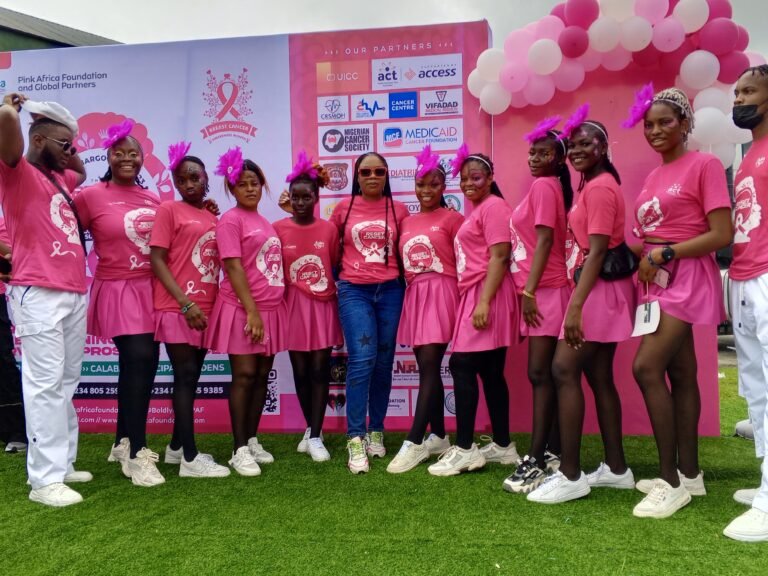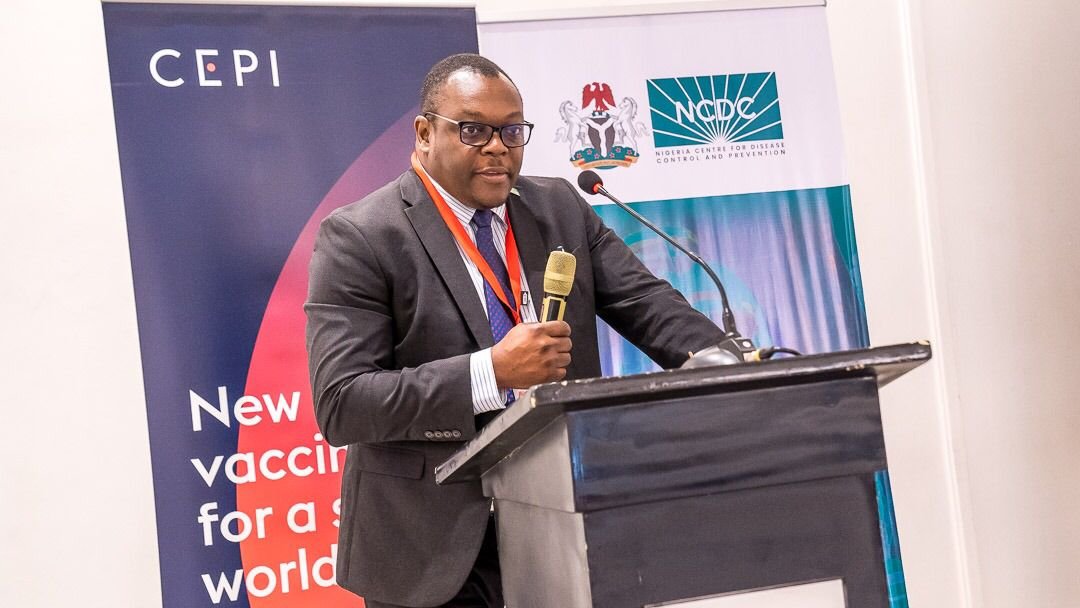By Sumaila Ogbaje
The Chief of Army Staff (COAS), Lt.-Gen. Taoreed Lagbaja, says the Nigerian Army has acquired electronic warfare capabilities and was now taking advantage of the convergence of electronic and cyber warfare.
Lagbaja said this on Monday in Abuja, at the opening of the Maiden Cyber Security Workshop of the Nigerian Army Cyber Warfare School (NACWS).
The News Agency of Nigeria (NAN) reports that the theme of the workshop is, “Role of Information Technology to national security against upcoming threats and cyber-attacks.”
Represented by the Deputy Director-General, Nigerian Army Heritage and Future Centre (NAHFC), Maj.-Gen. Sanusi Dahiru, he said the Nigerian Army had in the past, made very limited inroad in its attempt at acquiring electronic warfare capabilities.
He said the limitation, which was primarily due to the high cost of devices and the limited technical know-how within the army, had been overcome.
“This is because ICT networks are also dependent upon the myriad properties of the Electro Magnetic Spectrum for their essential connectivity in cyberspace, an environment where a number of actors operate to create exponential effect when compared to other domains.
“I therefore urge the school to hold and expand this collaboration until we find the ability to play the role of second eleven in this field.
“The workshop should not only focus on cybersecurity but should include cyber warfare, as this will equip the Nigerian Army with expertise and knowledge of integrating cybersecurity into military doctrine and tactics as well as exploring the role of cyber warfare in contemporary military operations,” he said.
Lagbaja said that cyber threats could come from many sources, including foreign organisations, hacktivist, governments, groups, criminal as well as individuals, adding that cyber-attacks were increasingly targeting critical infrastructure such as power grids, financial systems, healthcare organizations and government networks.
He added that Nigeria, like other modern societies, was overwhelmingly becoming reliance on cyberspace for its activities, as it had become an emerging theater of operations and would undoubtedly be contested in future conflicts.
“It is for this reason that the Nigerian Army Cyber Warfare Command (NACWC) and NACWS were established to curb the threats posed by this domain.
“We therefore need to rally round to ensure this initiative is effective and efficient, besides the need to protect the huge investments made so far.
“I am particularly pleased with the drive of the school in using its tools not only as a means of academic excellence but as a viable means of proffering solutions to contemporary and future security challenges which is in line with the sustainment of my command philosophy for the Nigerian Army.
“For all the participants, you must use this singular opportunity to learn as much as you can, open up new vistas and perspectives so that we can achieve landmark results for the army and the nation at large,” he said.
The COAS thanked President Bola Tinubu for his supports and pledged that the army would continue to remain apolitical, professional and ever ready to accomplish assigned missions within a joint environment in defence of Nigeria.
Earlier, the Commandant, NACWS, Brig.-Gen. Abdullahi Ahmad, said that the school was established to build capacity of army personnel with the ability to curtail the excesses in cyber domain and the threat posed by its existence to current and future operations.
Ahmad explained that the threats posed by the terrorist and other criminal elements to exploit the cyberspace and the Nigerian Army Information and Communications systems necessitate the establishment of NACWS.
He added that the workshop was designed to expose the school to comprehensive knowledge of modern trends in cybersecurity and indeed cyber warfare.
He said that the workshop was to also create a forum for erudite scholars, relevant stakeholders, and indeed the army eggheads, both serving and retired, in the field of cybersecurity to share their perspective on selected topics for the school to gather honest inputs toward achieving its mandate.
According to him, the NACWS is of the view that this is one way of ensuring the attainment of the COAS command philosophy.
The philosophy is “to transform the Nigerian Army into well-trained, equipped and highly motivated force towards achieving our constitutional responsibilities within a joint environment”.
NAN reports that the weeklong event will feature lectures on topics such as “Integrating cybersecurity into military doctrine and tactics from both military and academic perspectives, among others.” (NAN) (www.nannews.ng)
Edited by Deborah Coker/Idris Abdulrahman





